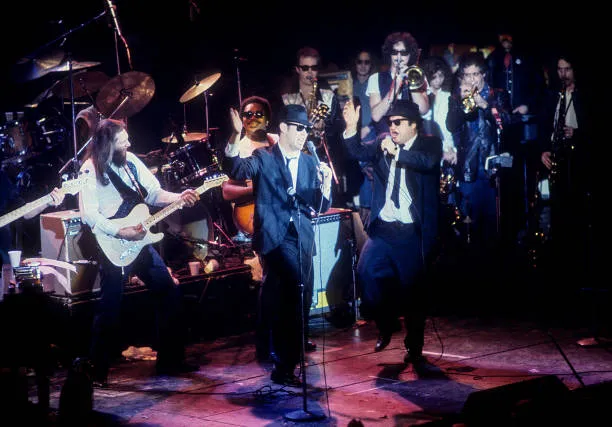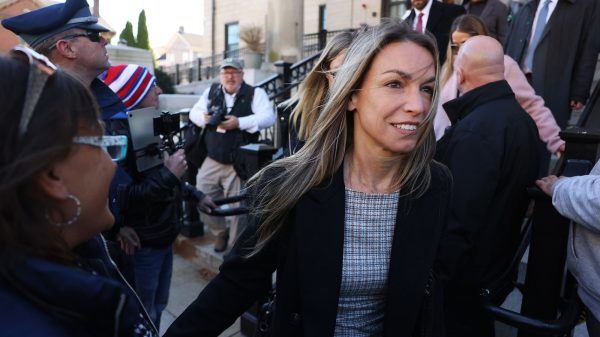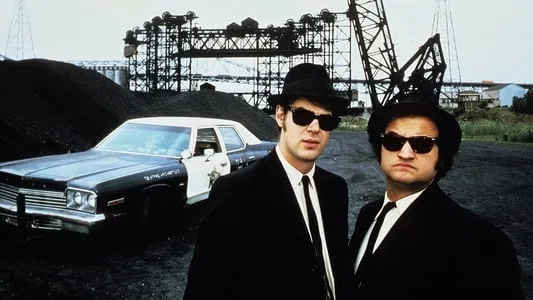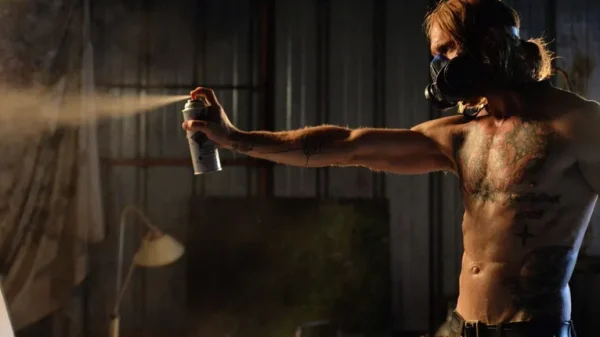By 1979, John Belushi was a bonafide star, having appeared in the hit comedy Animal House and with four seasons of Saturday Night Live under his belt. He had landed a lead role alongside fellow SNL star and partner in crime, Dan Aykroyd, in Steven Spielberg’s 1941, and the pair began production on The Blues Brothers, an ambitious feature-length romp based on their SNL characters “Joliet” Jake and Elwood Blues. However, bringing the beloved musical comedy to the screen would prove a chaotic journey. Director John Landis had to re-write Dan Aykroyd’s screenplay at the last minute, causing chaos in production. John Belushi’s excessive partying delayed the film and increased the budget significantly.
The script re-write was a result of Aykroyd’s inexperience as a writer. His original draft, titled The Return of the Blues Brothers, was three times the average length at 324 pages, reading more like a broad outline written in disorganized prose. Universal Pictures Vice-President Ned Tannen and producer Robert K. Weiss determined a full re-write was necessary, and Landis worked furiously to meet the deadline. However, upon reading the new screenplay, Aykroyd objected to some of Landis’ changes and omissions.
John Belushi’s behavior took a toll on the production. Known for excessive drinking and drug use, especially cocaine, the actor was notorious for going on lengthy benders, often disappearing for hours on end with friends and fans alike. His partying delayed production, and the costly consequences of his actions were being felt by everyone. The overages became a nerve-wracking topic of contention for Universal Pictures head Lew Wasserman and his underling, Ned Tannen.
Despite the setbacks, The Blues Brothers secured a $17.5 million budget, substantial for any film in 1979-especially a comedy. The film finally wrapped in Chicago and relocated to Los Angeles for its final leg, but not before John Belushi blew out his knee after falling off a skateboard, requiring an emergency injection to get through the movie’s final musical number.

A Still From The Blues Brothers (Photo: The Blues Brothers)
The film encountered another obstacle during post-production when theater owners showed racial bias, refusing to give The Blues Brothers a wide release. According to Landis, most of them said, “This is a black movie and white people won’t see it.” The exhibitors’ racial bias went even further, with Mann Theaters owner Ted Mann leading the charge in attempting to derail the film’s prospects for a wide release.
Regardless of the obstacles, The Blues Brothers was a hit with audiences, grossing $115 million worldwide and becoming one of Universal Pictures’ biggest successes. For an R-rated musical comedy that went over budget, over schedule, and was plagued by all manner of complications and setbacks from start to finish, The Blues Brothers more than proved skeptics and naysayers wrong.
























